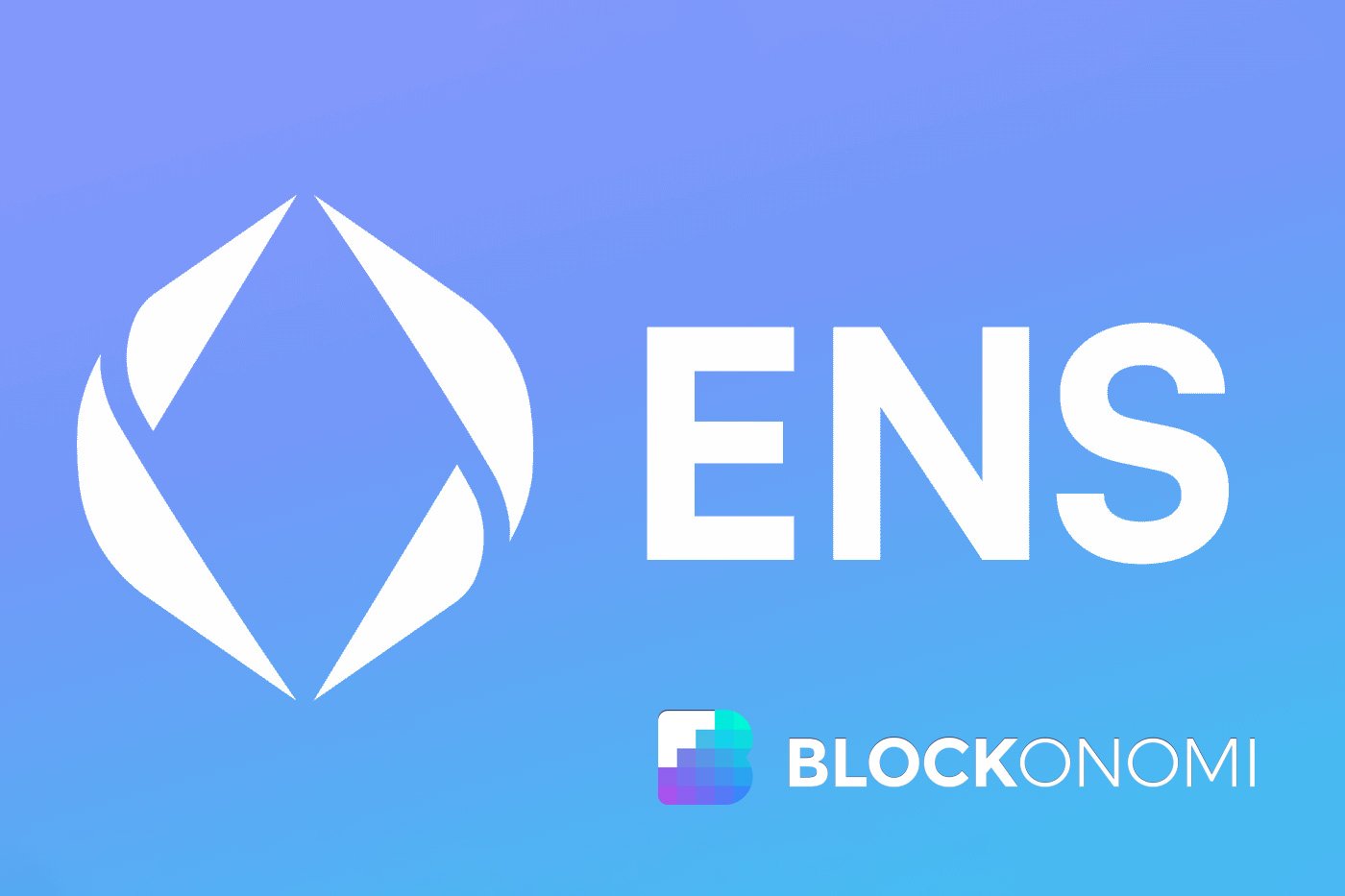Ethereum Name Service Unveils “Namechain” Layer-2 Network Plans

TLDR
- ENS Labs is launching “Namechain,” its own layer-2 blockchain using zero-knowledge rollups
- Expected launch date is end of 2025
- Will integrate with existing zkEVM infrastructure (final selection pending)
- Part of larger ENSv2 protocol overhaul with backward compatibility
- Aims to reduce transaction costs while maintaining Ethereum security
ENS Labs, the company behind the Ethereum Name Service (ENS), has announced plans to launch its own layer-2 blockchain called “Namechain.”
The new network, scheduled to go live around the end of 2025, will use zero-knowledge rollup technology to improve speed and reduce costs for users of the popular domain naming service.
The announcement came through a press release on Monday, where ENS Labs detailed its strategy to scale operations while maintaining security.
Katherine Wu, ENS Labs’ chief operating officer, confirmed that the team is in the final stages of selecting an existing zero-knowledge Ethereum Virtual Machine (zkEVM) compatible chain for the infrastructure.
ENS currently serves as the blockchain equivalent of the traditional domain name service, converting complex cryptocurrency wallet addresses into human-readable names.
For instance, instead of using a lengthy string of numbers and letters, users can employ simple addresses like “name.eth” for their transactions.
The move to create Namechain represents part of a larger initiative known as ENSv2, which involves a complete redesign of the ENS protocol.
Wu emphasized that the transition will be seamless for users, with the primary benefit being reduced gas fees for transactions.
The technical implementation of Namechain will compress data published on-chain through zero-knowledge rollups.
This technology allows for off-chain processing while maintaining the security benefits of the main Ethereum network, resulting in lower transaction costs for users.
One of the key challenges the team faces is ensuring backward compatibility with the current system (ENSv1). Wu explained that users should notice no difference in the front-end experience when Namechain launches, except for the reduced transaction costs.
The development team has prioritized maintaining the system’s security while scaling operations. The zero-knowledge rollup technology will allow Namechain to process transactions away from the main Ethereum network while still benefiting from Ethereum’s security features.
Nick Johnson, ENS Labs’ co-founder and lead developer, expressed enthusiasm about the project’s potential impact on scalability and cost reduction. The team believes these improvements will enable new applications within the ENS ecosystem.
The announcement follows similar moves by other major crypto projects to develop their own layer-2 solutions. Recent months have seen announcements from Uniswap, Kraken, and Sony’s Blockchain Labs about their plans to launch rollup networks.
However, unlike these other projects which use Optimism’s OP Stack technology, ENS Labs has chosen to implement zero-knowledge rollups for their scaling solution. This technical decision reflects different approaches to achieving similar scaling goals.
The current ENS system allows users to create simple addresses for their cryptocurrency wallets. For example, Ethereum creator Vitalik Buterin uses the address “Vitalik.eth” instead of his full wallet address (0xd8dA6BF26964aF9D7eEd9e03E53415D37aA96045).
The implementation process began taking shape in May when ENS Labs first proposed transforming the registry system into a layer-2 solution. At that time, the specific technical approach had not been finalized.
Wu indicated that the team is currently working through the technical requirements for ensuring a smooth transition between the current system and Namechain. The focus remains on maintaining functionality while improving performance.
The project timeline suggests a launch target around the end of 2025, with the team currently finalizing their choice of zkEVM infrastructure partner. The selection of this partner represents one of the last major decisions before beginning full-scale development.
According to the ENS Labs press release, the new system will maintain all current functionality while adding improved scaling capabilities and reduced costs for users of the domain service.




Comments are closed.